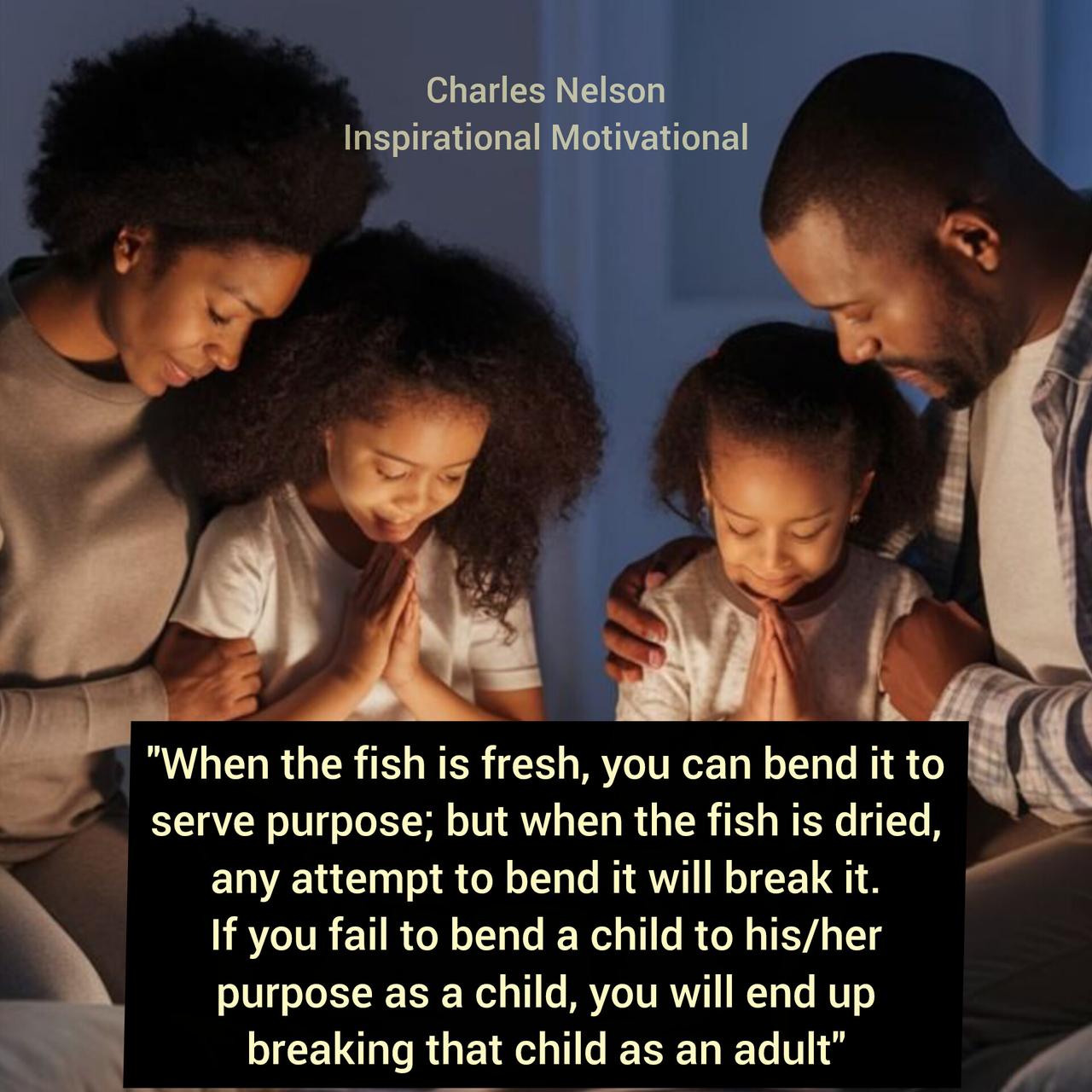Website designed with the B12 website builder. Create your own website today.
Start for free
Raising children is one of life’s most rewarding yet challenging journeys. Parents often grapple with the delicate balance of being a friend to their children while also instilling discipline and responsibility. The question How to raise your children to become your friends without spoiling them? resonates with many caregivers who wish to nurture a relationship filled with love, trust, and mutual respect. It’s possible to create an environment where your children feel comfortable confiding in you, believing in your guidance, and trusting your intentions—without encountering the pitfalls of indulgence.
In this blog post, we will explore practical steps to cultivate this unique relationship. By fostering open communication and a sense of responsibility, parents can achieve the harmony between friendship and authority. We’ll discuss how to be both a supportive friend and a firm disciplinarian, as well as recognize the signs that indicate your children are evolving into genuine allies in life. With intentional strategies, you can raise not just obedient children, but confident, trustworthy companions who share a deep bond with you.
Building a strong foundation: Balancing friendship and discipline
Raising children to become your friends without spoiling them begins with establishing a strong foundation of mutual respect and understanding. Children thrive in an environment where they feel loved yet held accountable. As a parent, you can foster this balance by creating clear expectations regarding behavior while also being approachable. Set boundaries that are consistent and fair. Explain the reasons behind these rules while encouraging them to express their feelings and opinions. This openness cultivates a safe space where both you and your children can share thoughts freely, paving the way for a friendship built on trust.

Moreover, it’s crucial to model the behavior you wish to see in your children. Demonstrate respect, empathy, and honesty in your interactions. When you treat your children as peers—while maintaining your role as the authority figure—they learn to respect your boundaries without fear. Engage in meaningful conversations that allow them to see you as a mentor rather than just an enforcer of rules. This approach not only promotes discipline and responsibility but also strengthens your friendship, ensuring your children feel valued and understood, laying the groundwork for a lasting bond.
Practical strategies for fostering trust and open communication
Fostering trust and open communication requires intentionality and consistency in your interactions with your children. Start by creating a safe environment where they feel comfortable sharing their thoughts and feelings without fear of judgment. Utilize active listening techniques, such as making eye contact and reflecting their emotions back to them, to show that you genuinely value what they say. Encourage them to express their opinions and validate their feelings, even if you disagree. This approach not only strengthens your bond, but also builds their self-esteem and confidence in sharing personal matters as they grow older.
Incorporate regular family check-ins or one-on-one time to discuss not just academics and responsibilities, but also their interests, dreams, and any struggles they may face. Use these moments to share personal stories from your own life, which helps them see you as relatable rather than just an authority figure. Establishing a routine of open dialogue allows your children to familiarize themselves with expressing their feelings while also understanding the balance between friendship and discipline. This proactive communication method cultivates a relationship rooted in trust, setting the stage for them to confide in you as they navigate the complexities of life.
Nurturing responsible independence: Signs your children are becoming true friends
As your children grow, you will notice various signs indicating that they are not only becoming responsible individuals but also developing a genuine friendship with you. One of the first signs is their willingness to rely on you for guidance while still showing the ability to make independent decisions. When they seek your advice yet demonstrate confidence in their choices, it reflects their trust in you as a supportive ally. Additionally, you may observe them taking initiative in tackling challenges or responsibilities, demonstrating maturity that resonates with the values you've instilled in them. This blend of independence and collaboration is a hallmark of a healthy parent-child friendship.
Moreover, a significant indicator of your children evolving into true friends lies in their openness to share their thoughts and experiences with you. They will engage in meaningful conversations, discussing everything from their daily triumphs to their fears. This willingness to confide in you stems from the trust you've cultivated over the years. Encouraging them to express their emotions and validating their feelings not only deepens your connection but also reinforces their responsibility toward communication and honesty. As they navigate the complexities of life, seeing you as a confidant helps them feel secure in their journey, reinforcing the friendship you have worked hard to foster.